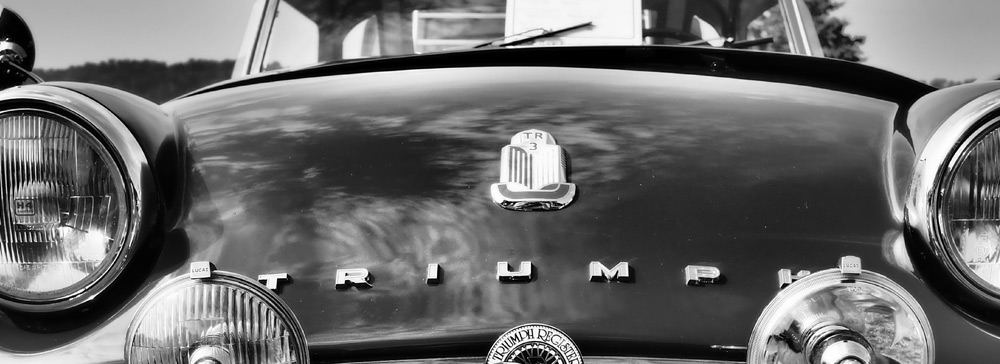Palm Springs is home to a vibrant community of art collectors, antique lovers, and classic car enthusiasts. Whether you’ve spent years curating a fine art collection, investing in rare mid-century furniture, or restoring vintage automobiles, your passion has tangible value. But what happens to these prized possessions when you’re no longer here? Without a proper estate plan, your collection could be sold off, improperly handled, or even lost in probate.
Why Estate Planning Matters for Collectors
Unlike typical financial assets, art, antiques, and vintage cars often have unique sentimental and monetary value. However, they also present unique legal and logistical challenges in estate planning:
-Valuation Issues: Unlike stocks or cash, the value of collectibles can fluctuate and may require expert appraisals.
-Transfer Complexity: Some pieces may have restrictions on ownership transfer, especially artwork with provenance concerns.
-Tax Implications: High-value items may be subject to estate taxes, capital gains taxes, or special IRS considerations.
-Family Disputes: Heirs may have differing opinions on whether to keep, sell, or donate pieces.
To ensure your collection is handled according to your wishes, consider the following strategies:
1. Create a Detailed Inventory
Document every piece in your collection, including descriptions, provenance, appraisals, and purchase details. This record will help your heirs, attorneys, and executors properly manage your estate.
2. Establish a Living Trust
Without explicit instructions, your collection may be divided or sold in ways you wouldn’t have intended. A revocable living trust can ensure a smooth transfer of ownership while avoiding probate. Many collectors find that a living trust becomes the cornerstone of their estate plan, providing control over how each piece is handled.
3. Consider an LLC or Foundation for Collection Management
For high-value collections, forming an LLC or trust specifically for your assets can provide protection, ensure proper management, and even allow for gradual transition of ownership. This approach can be particularly helpful for collections that may continue to grow or change over time.
4. Explore Gifting or Charitable Donations
If you’d prefer your art or cars to be preserved, consider donating pieces to a museum or nonprofit. Proper planning can provide tax benefits while ensuring your legacy endures. Many of our clients have found satisfaction in knowing their collections will be enjoyed by future generations.
5. Communicate with Your Heirs
If your family members share your passion, involve them in discussions about the collection’s future. If they prefer not to inherit certain pieces, you can make arrangements for sale or donation in a way that benefits everyone.
Your collection represents more than just assets—it’s a reflection of your passion and dedication. Proper estate planning ensures that your artwork, antiques, and vintage cars are preserved and passed down according to your wishes.
At The Law Offices of Eric A. Rudolph P.C., we understand the unique needs of collectors and enthusiasts. We can help you create an estate plan that protects your valuable collection while providing peace of mind.
Contact us at (760) 673-7600 or email admin@rudolphlegal.com to start protecting your legacy today.

